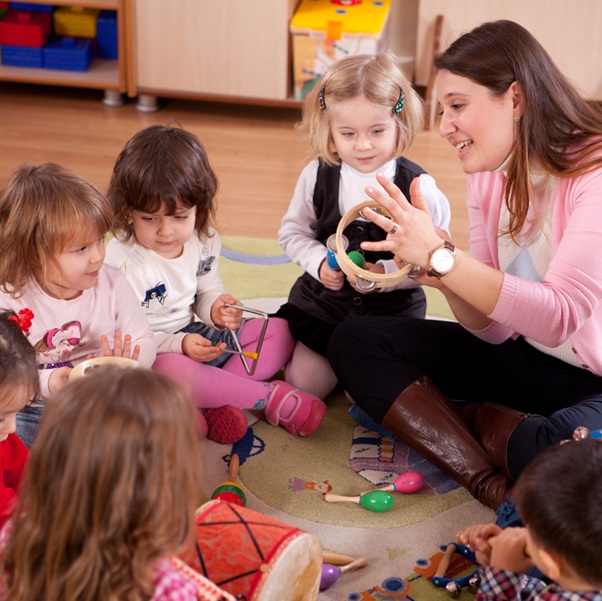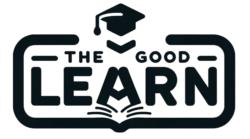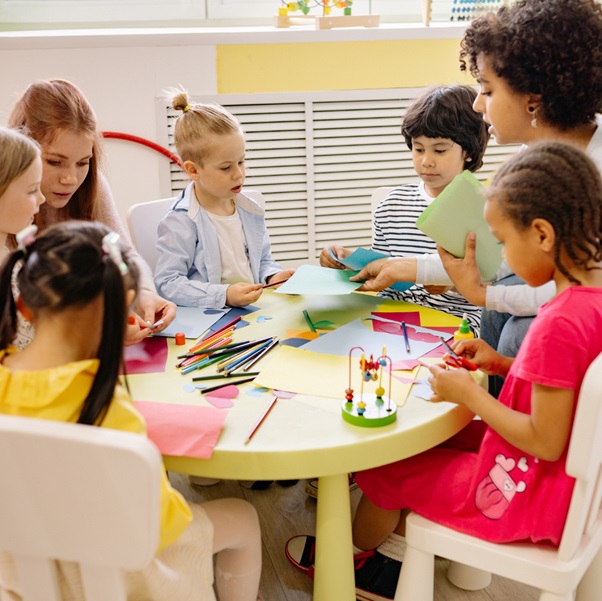The foundation of a child’s development is preschool education, and parents in Singapore are frequently faced with a difficult decision when choosing between Montessori preschools and traditional preschools. Every strategy has distinctive qualities that accommodate various learning philosophies. With this, examine the key differences between Montessori and conventional preschools in Singapore, helping parents make well-informed choices for their child’s future by illuminating their differences.
Montessori Preschools in Singapore
The child-centred methodology of Montessori education is well-known for encouraging self-reliance, self-control, and a love of learning. These ideas are followed by Montessori preschools in Singapore, which offer an atmosphere that lets kids explore and learn at their speed.
Structured Independence:
Preschools that follow the Montessori method place a strong emphasis on structured independence. Within a prepared environment, children are encouraged to select their activities. This characteristic fosters a sense of accountability in addition to improving decision-making abilities.
Multi-Age Classrooms:
Mixed-age groups are common in Montessori classrooms, which helps older students teach younger students and younger students learn from their older peers. This vibrant environment fosters teamwork and a nurturing learning community.
Hands-On Learning Materials:
Singapore’s Montessori preschools spend a lot of money on interactive educational resources. These resources are made to arouse different senses, encouraging sensory investigation and cognitive growth. The core of the Montessori educational approach is the use of tangible, tactile experiences.
Individualised Learning Plans:
Every child in a private preschool in Singapore has a unique learning plan. Teachers monitor each student’s development by keeping an eye on them and customising activities to suit their individual needs and interests. This individualised approach develops a lifelong love of learning and a deeper comprehension of the subjects being taught.

Traditional Preschools in Singapore
In Singapore, traditional preschools employ a more controlled, teacher-directed style of instruction. Students go through a predetermined curriculum and progress through predetermined activities. These are some salient characteristics of traditional preschools.
Structured Curriculum:
In Singapore, traditional preschools usually have a set curriculum with predetermined learning goals. This method introduces basic academic concepts to kids in a strategic way, preparing them for elementary school.
Teacher-Directed Learning:
Teachers are more actively involved in directing the learning process in traditional preschools. They direct exercises, establish the tempo of the classes, and evaluate each student’s development by preset standards. This method offers a more focused and supervised educational experience.
Uniform Age Grouping:
Traditional preschools in Singapore tend to group kids according to age, compared to Montessori preschools. Due to the consistent age grouping, instruction can be more standardised and activities can be customised to meet the needs of most students in the class.
Varied Teaching Methods:
Various teaching strategies are used in traditional preschools, such as teacher-led lessons, group activities, and occasionally individual assignments. This range attempts to accommodate different learning preferences within the classroom, guaranteeing an all-encompassing approach to teaching.
Conclusion
The decision between traditional and Montessori preschool education methods in Singapore comes down to the unique requirements and preferences of the parents and kids. Montessori preschools strongly emphasise personalised, hands-on learning in a mixed-age environment, encouraging independence and a passion for learning. On the other hand, traditional preschools prepare kids for a more conventional academic path by using a more structured curriculum with teacher-directed activities. In addition to weighing these aspects, parents should consider their children’s learning preferences, long-term objectives, and the philosophy that best fits their moral principles in their decisions. Whichever route a child chooses, Singapore’s Montessori and conventional preschools are crucial in setting the groundwork for their future academic careers.
Allow your child to embark on a journey of discovery and growth. Contact Brighton Montessori to learn more.

